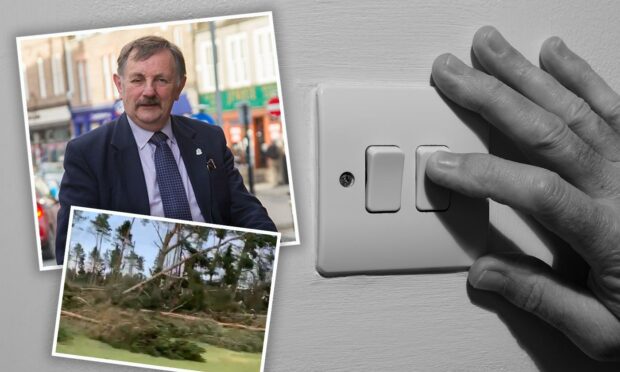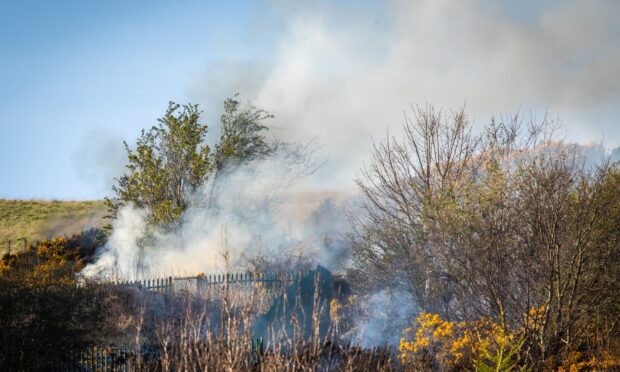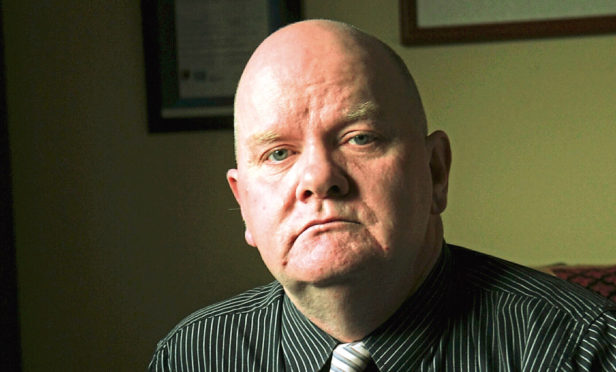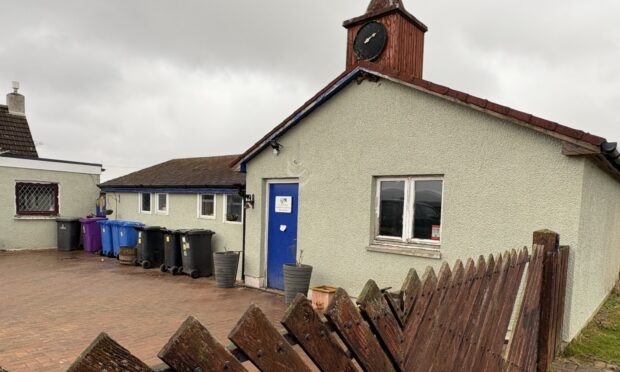Empty buildings as staff worked from home during Covid helped Angus Council cut nearly half a million pounds from its energy bill last year.
And there were falls of nearly 4% in electricity consumption and almost 10% in carbon emissions.
Those have been welcomed as a positive step in the authority’s green ambitions.
But one rural councillor sounded a negative note on electricity reliance after being left in the dark by Storm Arwen.
Former authority leader Bob Myles – a farmer north of Edzell – was among thousands of Angus residents hit by power cuts as the high winds struck.
He said: “We have to carefully consider our energy consumption.
“But if the storm in the past has done anything at all it’s made us very aware of the vulnerability of relying solely on electrical power.
“As one that was out for four or five days, if it hadn’t been for fossil fuels we would have been severely struggling.
“As would a lot of people up in this area.
“So we have to take cognisance of that.
“And we can’t suddenly go down the route of all-electric heated homes or there would be a lot of households in dire need.
“That’s just a word of warning,” said Mr Myles.
Facts and figures
Electricity consumption across the council was down from 57,473,453 kWh to 55,215,470 kWh.
The 2,257,983 kWh reduction was a 3.9% drop on 2019/20.
Carbon emissions fell by 9.4%.
It was due to a 1,164,763kg drop in carbon emissions to 11,243,868kg.
And the authority’s energy bill dropped £475,477 to £4,120,135 – a 10.35% dip.
Council infrastructure chief Ian Cochrane detailed some of the reasons behind the falls.
Covid was a factor as thousands of staff worked from home.
Mr Cochrane said: “Generally, the reduction in consumption can be attributed to a combination of a reduction in the energy consumption associated with street lighting, various energy conservation projects and adherence to the heating temperatures and times adopted by the Council.
“But this year, Covid-19 has affected the property occupation and operation across the whole council estate.”
“It did increase energy consumption in some buildings due to increased ventilation, and in turn, heating requirements.
Good news
Administration councillor Angus Macmillan Douglas said: “Over this period, Covid has been both a plus and a minus.”
He highlighted a move to LED lighting as part of the reason for the reductions.
“As well as working from fewer buildings where it is possible to do so.
“I think it’s a pretty good story,” he said.










